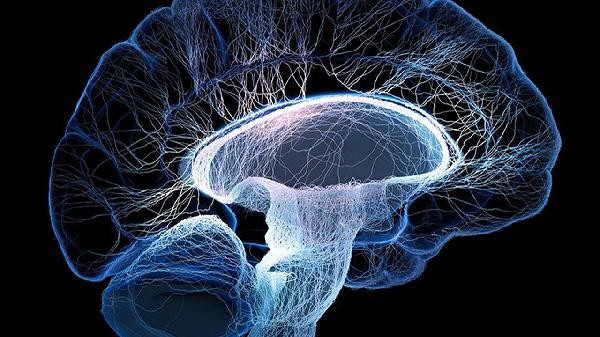The brain's constant wandering state may be related to factors such as attention deficit, anxiety, depression, sleep disorders, or thyroid dysfunction. Medications such as methylphenidate, tamoxifen, sertraline, escitalopram, or levothyroxine sodium tablets can be taken according to medical advice. It is recommended to seek medical attention to clarify the cause and use targeted medication to avoid self medication.

1. Methylpheniramate
Methylpheniramate is a central nervous system stimulant that is suitable for attention deficit hyperactivity disorder (ADHD) induced attention deficit hyperactivity disorder (ADHD). This drug improves concentration by regulating dopamine and norepinephrine levels. During use, adverse reactions such as decreased appetite and insomnia may occur. Patients with cardiovascular disease should use with caution.
2. Atomoxetine
Atomoxetine is a non excitatory selective norepinephrine reuptake inhibitor used for the treatment of attention deficit hyperactivity disorder in adults and children. Compared with methylphenidate, it has lower addiction but slower onset of action, and common side effects include dry mouth, drowsiness, and gastrointestinal discomfort.
3. Sertraline
Sertraline is a selective serotonin reuptake inhibitor, suitable for attention deficit accompanied by symptoms of depression or anxiety. This medication needs to be taken continuously for several weeks to show significant efficacy, and sudden discontinuation may result in withdrawal reactions such as dizziness. Alcohol should be avoided during medication.

4. Escitalopram
Escitalopram, as a new type of antidepressant, has a good effect on anxiety type attention span. Its drug interactions are minimal, but it may cause mild nausea or sexual dysfunction. Elderly patients should reduce their usage as appropriate.
5. Sodium levothyroxine tablets
can be used as a replacement therapy for attention loss caused by hypothyroidism. Regular monitoring of thyroid hormone levels is necessary to adjust the dosage. Overdosing may cause symptoms of hyperthyroidism such as palpitations and hand tremors. It should be taken 4 hours apart from other medications.

In addition to medication treatment, it is recommended to improve concentration through mindfulness meditation training, maintain a regular schedule, and engage in moderate exercise. Add deep-sea fish, nuts, and other foods rich in omega-3 fatty acids to the diet, and limit the intake of refined sugars. If the symptoms persist for more than two months or affect work and study, it is necessary to seek timely medical attention from a psychiatric or neurological department, complete psychological assessment, thyroid function tests, and other examinations. Avoid long-term dependence on stimulating substances such as caffeine to stay alert and avoid exacerbating symptoms.







Comments (0)
Leave a Comment
No comments yet
Be the first to share your thoughts!